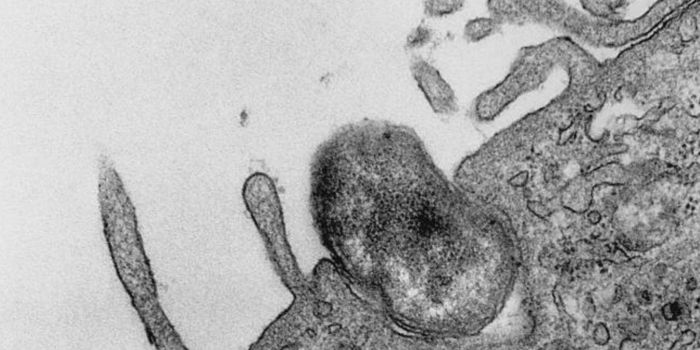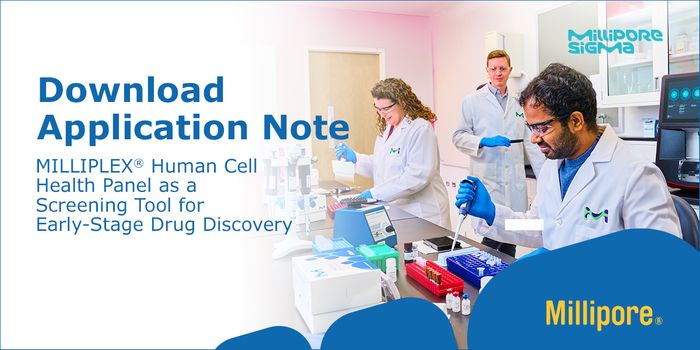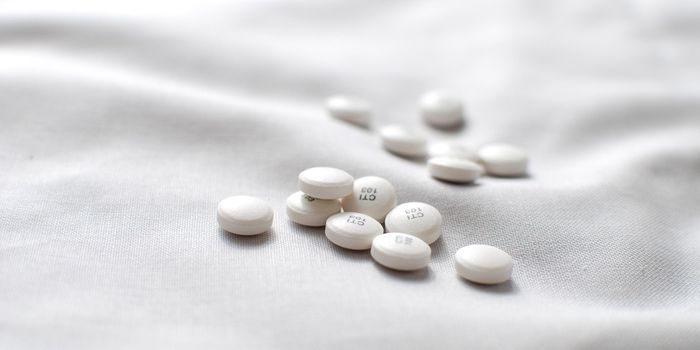Baby Aspirin Could Lower Breast Cancer Risks
Women who take a low-dose aspirin daily could be minimizing their risks for breast cancer, reports a new study in the Journal Breast Cancer Research.
Formally known as acetylsalicylic acid (ASA), aspirin is one of the cheapest and most widely used over-the-counter drugs. This humble drug is used to treat a variety of health conditions like the common fevers, headaches, muscle pain, and inflammation. Doctors also prescribe this drug to reduce the risk of heart attacks for patients who have already had one.
But the ultra-cheap drug that’s ubiquitous in nearly everyone’s medicine cabinet has also been implicated as an anticancer drug. Studies have previously linked aspirin to lowering the risks for colorectal and colon cancer by close to 20 percent. Breast cancer risk reduction could be another benefit for this drug.
In analyzing data from more than 57,000 women, researchers reported a 20 percent reduction in breast cancer risks for the 23 percent of women who took a low-dose aspirin everyday. The associated breast cancer type is also significant - the reduction in risk is linked with HR-positive/HER2 negative breast cancer, which represent some of the most common variations of the disease.
The authors did not investigate the mechanism behind how aspirin may lower breast cancer risks. However, they hypothesized that it could be through aspirin’s anti-inflammatory powers. “Simply things like obesity or inflammatory conditions are a risk factor for breast cancer, so this may be one reason it could help," said Leslie Bernstein, the study’s senior investigator. Bernstein also hinted at aspirin’s actions as an aromatase inhibitor, which is similar to how some breast cancer medications work to lower the production of estrogen.
But before women rush to take low-dose aspirin, Bernstein cautions several caveats. First, the study identified a link, but did not establish a cause-effect relationship. Further studies are needed before we can definitively conclude that low-dose aspirin truly reduces breast cancer risks. Additionally, as potent as the drug may be, it may not be suitable for everyone, especially those with a history of bleeding diseases. This is due to aspirin’s tendency to thin the stomach lining, increasing the risk of gastrointestinal bleeding and stomach inflammation. To weigh the benefits versus side-effects of daily aspirin, even in the low-dose form, Bernstein recommends consultation with healthcare professionals.
Additional sources: CNN









